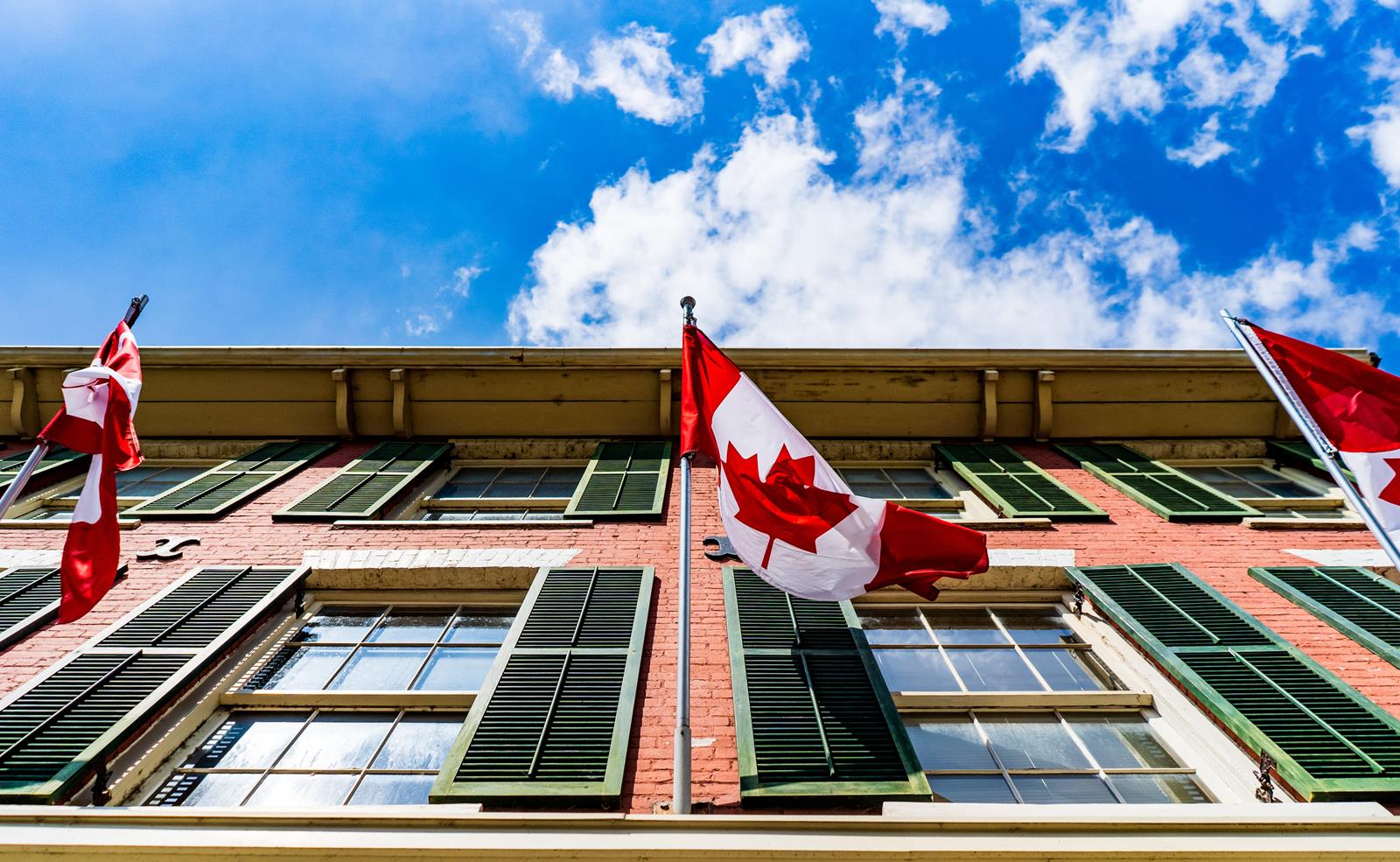Politics and the Exercise of Power

Politics is the group of political activities that concerns making political decisions in associations, groups of people, including the distribution of economic status or power to individuals. The field of political science is known as political science. Politics has many aspects and is diversified. It includes history, legislation and ethics, public administration, and social science.
Politics can be understood as a social activity, and because of its multiple aspects, it is not easy to give a precise answer to the question, what is politics? Politics is a struggle over the meaning of political concepts, but how can we recognize politics as a social activity? A part of politics is an interpretation-dependent approach to politics. Interpretation-dependent politics attempts to describe politics as a social activity by fitting it into models of human societies and civilizations. Since there is no single definition of politics, but rather a collection of theories about politics, a part of political interpretation-dependent theory of politics cannot give a precise answer to the question, what is politics?
Interpretation-dependent politics attempts to explain politics as a collective activity, where each political actor constructs and makes use of a set of socially accepted meanings. Such a theory of politics may attempt to explain how politics affects different citizens of a polity through the collective actions of their citizens. There are different theories of politics that describe the reality of politics as a struggle over the meaning of political concepts, as well as how politics affects each and every citizen of a polity. Such theories help us understand how politics is a struggle over the definition of terms, and how each political actor defines and applies political concepts to the reality of his society. Political interpretation-dependent theories have great difficulties of explanation and are therefore largely ignored by political scientists.
Politics is essentially a battle for power. Power can be defined as the ability to control the use of natural resources and force other people to obedience. Power, as it has been noted by many political philosophers, is a concept that has various definitions, and is used in a wide variety of contexts. The most accurate definition of politics is power as the ability to control the implementation of political actions through the exercise of physical force. The meaning of this is that politics is the use of physical force to implement political principles.
Political theories also have two major definitions. The more narrow definition is that of a set of political concepts such that politics refers to the interaction of individuals who share a set of values, and therefore are committed to a set of political institutions. The more broad definition is that of a broader set of political concepts, and politics is defined by the existence of a set of political institutions or values that differ among those who share these values.
The major difficulty with interpretations of politics is that it is an area of great variation. This is not only because of the fact that politics is often a very vague concept, but also because there are many different political concepts. In its most fundamental terms, politics is defined as a struggle over the meaning of political concepts. The very nature of this definition makes it an inherently unstable field. As human societies and organizations grow and change, and as they become more complex, the definition of politics becomes more uncertain and in some instances, becomes synonymous with vague and pluralistic political theories.
It is for these reasons that politics has been defined as a political struggle over the meaning of a political system and society. If a society is able to develop political institutions that provide for the material needs of its citizens, without having to struggle over political principles, then politics is irrelevant. However, if political institutions cannot provide for the material needs of the citizens then politics becomes an important force in shaping the society. It is in this latter sense that we find the source of conflict and division in politics. A political system that does not provide for the material needs of the citizens, but rather provides for the political needs of a ruling elite is prone to corruption and exploitation by that elite.
The crux of the matter is that politics is inevitably a clash between competing public interests. Politics is defined as the conflict between what the public wants and what the elite wants. Each of these competing public interests has differing material interests. For example, the interest of the mass public in a society, government, or economy is to ensure that the distribution of wealth is fair and equitable. The interests of the elite are to secure their wealth, keep it out of the hands of the masses, and so maintain a political system that guarantees their wealth.